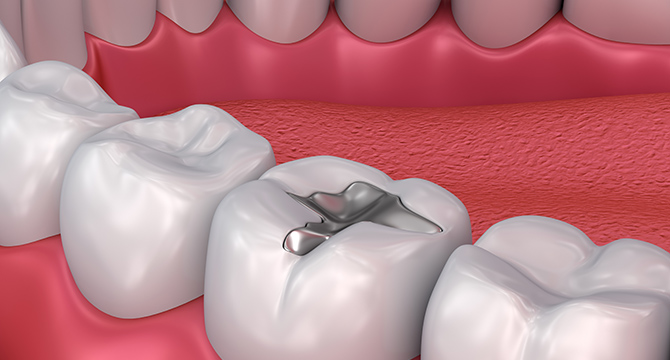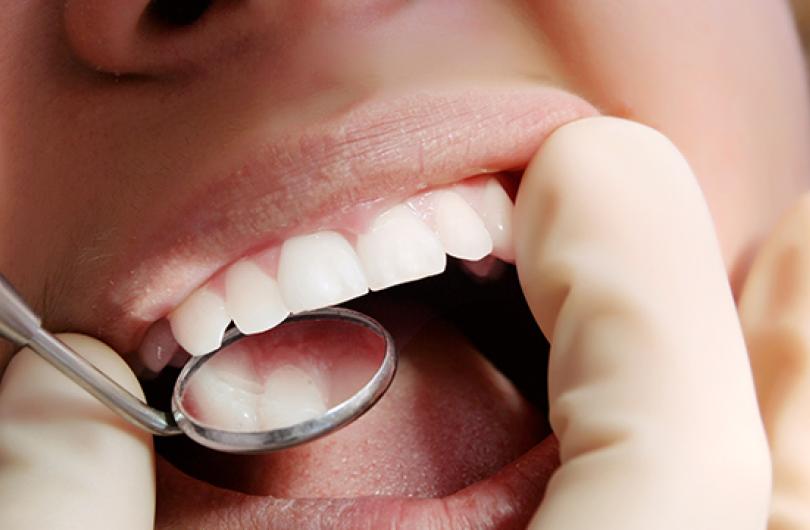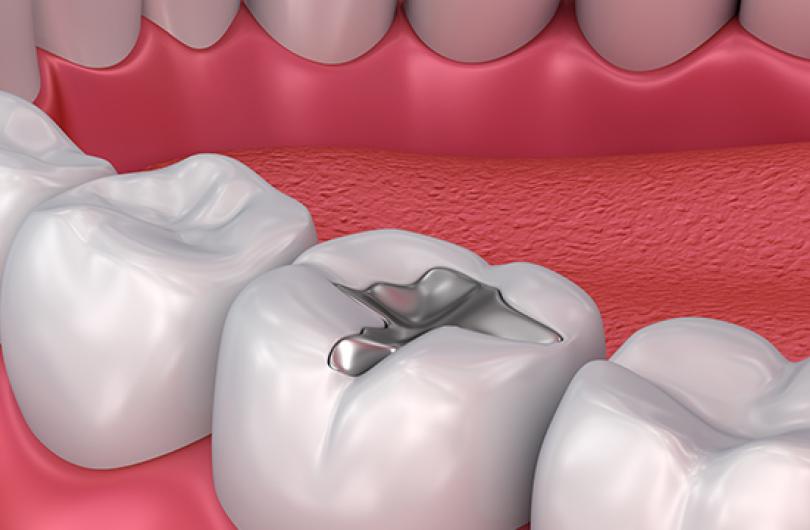Are Sweets Really the Culprit for Tooth Decay?

This is a great question with a complicated answer. Everyone has heard that sugar causes cavities. But you may also know someone who has a serious sweet tooth problem and does not have “bad teeth”. The forming of a cavity is a multi-factorial process, and sweets are just one of those factors.
In order for a tooth to suffer from decay, several conditions must be present. This blog will explain the process of tooth decay, with a short section of how you can combat each of these conditions to lower your cavity risk.
Bacteria
Tooth decay is an infectious disease, caused by bacteria. The bacteria that cause cavities live and multiply within clumps of dental plaque, the soft buildup that gathers on the teeth and gums. Some people do have stronger variants of the cavity-causing bacteria than others do. This puts them at a higher risk for cavities.
In order to lower the risk posed by these bacteria, you must reduce the overall amount of bacteria by removing dental plaque. This means practicing great oral hygiene every single day. You must brush every morning after breakfast as you start your day, and every night before bed. Ask your dental hygienist for tips to make sure you are using the correct technique.
When it comes to plaque control, flossing is an absolute essential. You must floss every night before bed to remove the bacteria from between the teeth.
Refined Carbohydrates
Here is where the sweets come in. But it isn’t just sugary, sweet snacks that lead to cavities. Any simple or refined carbohydrates act as food for the bacteria. Candy is a common culprit because it has a high sugar content and a sticky texture allowing it to adhere to the teeth.
Cavity-causing bacteria ingest (or eat) simple carbohydrates and make acid as a by-product. When this acid stays in contact with tooth enamel, it works to soften and weaken enamel, which allows the bacteria to penetrate further into a tooth. You can reduce this effect by “starving” the bacteria when you eliminate sugar and other simple carbs from your diet.
Tooth Structure
This may seem a little obvious, but you can only get cavities when you have teeth in your mouth. Enamel is the hardest substance in the human body, but it is not invincible. It is susceptible to attacks from acid. The roots of teeth do not have an enamel coating, so they are even more susceptible to cavities.
Protecting your teeth from cavities involves maintaining a neutral pH in your mouth to fight the acid produced by bacteria. Saliva is naturally a mild base, so it counteracts the acid produced by bacteria in a healthy mouth. You can protect your neutral pH by avoiding acidic drinks and treating any dry mouth issues you may have.
You can also strengthen your enamel and root structure to withstand the acid attacks by using fluoride toothpaste and mouthrinse. Fluoride helps teeth fight acid and bacteria and prevents cavities.
Time
Cavities do not form after one candy bar. It takes time for the bacteria to produce enough acid from the sugar to work its way into a tooth. This is why you NEVER want to skip a day of oral hygiene. That just gives the bacteria more time to work on weakening your enamel.
This is also why sipping on sugary drinks like sodas leads to a much higher cavity risk than eating a cookie after dinner. That soda puts sugar and acid in contact with your teeth for hours, while a cookie is gone in just a few minutes.
This issue of time is also the reason that certain candies like taffy and caramel are more likely to cause cavities. They remain in the pits and grooves of teeth for much longer than a piece of chocolate.
In order to reduce the risk of cavities, consider the timing of your sugar intake. Drinking a soda with a meal poses a much lower risk for cavities than sipping on one throughout the afternoon. Sucking on a piece of hard candy is worse for your teeth than quickly chewing up a small candy bar. In fact, the length of time that you expose your teeth to sugar is more important than the actual amount of sugar you intake.
More Questions about Cavities?
Does this help you understand how someone with a sweet tooth can still have good teeth? Or how someone with relatively low sugar intake can get lots of cavities from using peppermints to help with dry mouth? If you have more questions, please call our office to schedule a consultation. We will assess your unique cavity risk and help you make choices to lower that risk.
More articles

2021
Are Electric Toothbrushes Worth It?
By asking this question, we assume you want to know the value of an electric toothbrush. Considering the difference in cost between electric toothbrushes and manual toothbrushes, this is a reasonable inquiry. We hope to convince you that electric toothbrushes are, indeed, worth the extra expense.
What Advantages do Electric Toothbrushes Have over Manual Toothbrushes?
There are only a few advantages of using an electric toothbrush, but they are heavily weighted when it comes to dental health and smile appearance.
By The Aggie Dental Care Team

2021
Why You Shouldn’t Skip the Dentist, Even if you Have Good Teeth
There is a common misconception that you only need to go to the dentist when you have a problem. Unfortunately, that is the worst tactic you can take when it comes to dental care. It leads to more expensive and more extensive dental treatments, not to mention the pain and suffering that can result when you wait until something bothers you.
Some people have “good teeth” and think this means that they do not need routine dental care. Here are a few important reasons that everyone needs to see a dentist regularly.
By The Aggie Dental Care Team

2021
Are Sweets Really the Culprit for Tooth Decay?
This is a great question with a complicated answer. Everyone has heard that sugar causes cavities. But you may also know someone who has a serious sweet tooth problem and does not have “bad teeth”. The forming of a cavity is a multi-factorial process, and sweets are just one of those factors.
In order for a tooth to suffer from decay, several conditions must be present. This blog will explain the process of tooth decay, with a short section of how you can combat each of these conditions to lower your cavity risk.
By The Aggie Dental Care Team
